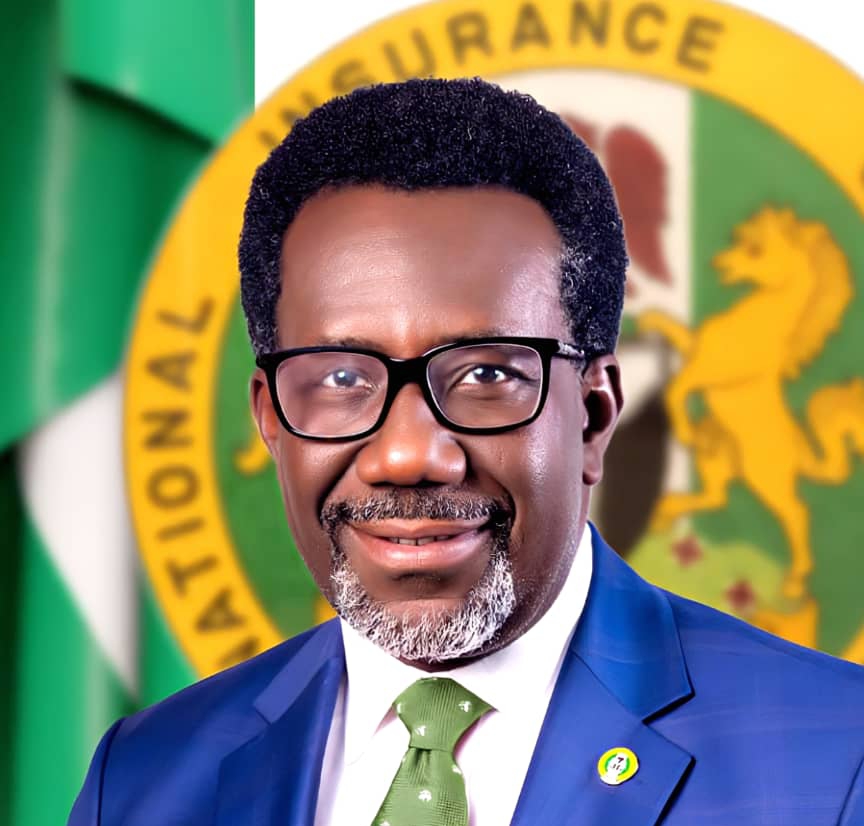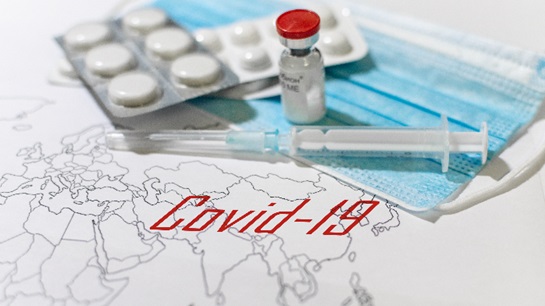By Anoop Khanna
A recent survey by ValuePenguin found that worries over personal safety drive heightened interest in life insurance coverage – while the coronavirus pandemic has exposed many areas where we are not nearly as prepared as we thought.
The survey found that when asked whether the coronavirus situation had influenced their likelihood of getting life insurance, 25% of consumers said it had made them more likely to do so with men more likely to agree than women.
About 69% of those who responded positively were men, who also accounted for 38% of all men participating in the survey. In comparison, only 14% of all women said they were more likely to buy coverage due to the pandemic.
These differences between men and women may be due to several factors. One possible reason is that while more and more women are assuming the role of primary breadwinner, 59% of US households still have a male family member earning at least half the household’s income. Based on this, the higher interest in life insurance among men could be because men likely have a greater share of family income to protect.
ValuePenguin product manager Chris Moon said, “Differences in opinion about coronavirus and life insurance also extended to current policyholders and those without coverage. People who already had life insurance policies were actually more likely to increase their insurance because of the pandemic(39%), compared to those with no coverage at the moment (20%).”
The survey results suggest more people want life insurance because of COVID-19, but they also revealed that a considerable number don’t have much information about how life insurance policies actually work. While 65% of all respondents said they already had life insurance in place, only about 60% claimed they were ‘very familiar’ with what life insurance does.
Meanwhile, 33% of people said they ‘know a little bit’ while 9% said they don’t really know what life insurance does. This relative lack of knowledge may be problematic, given the variety of policy types and benefits that make up the life insurance industry.













